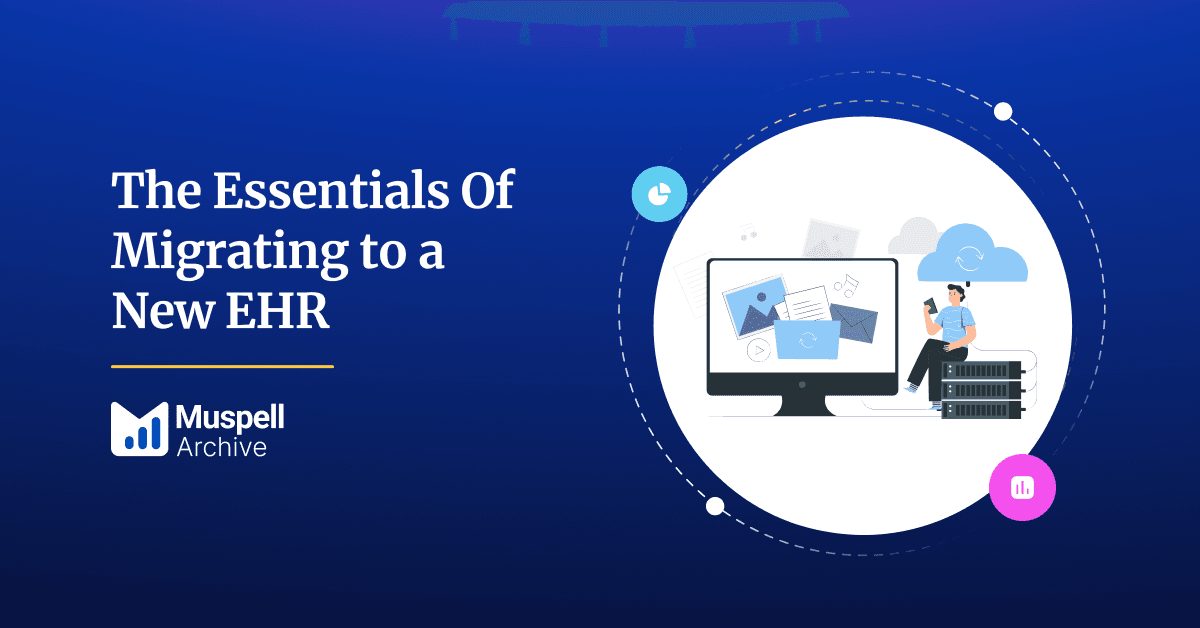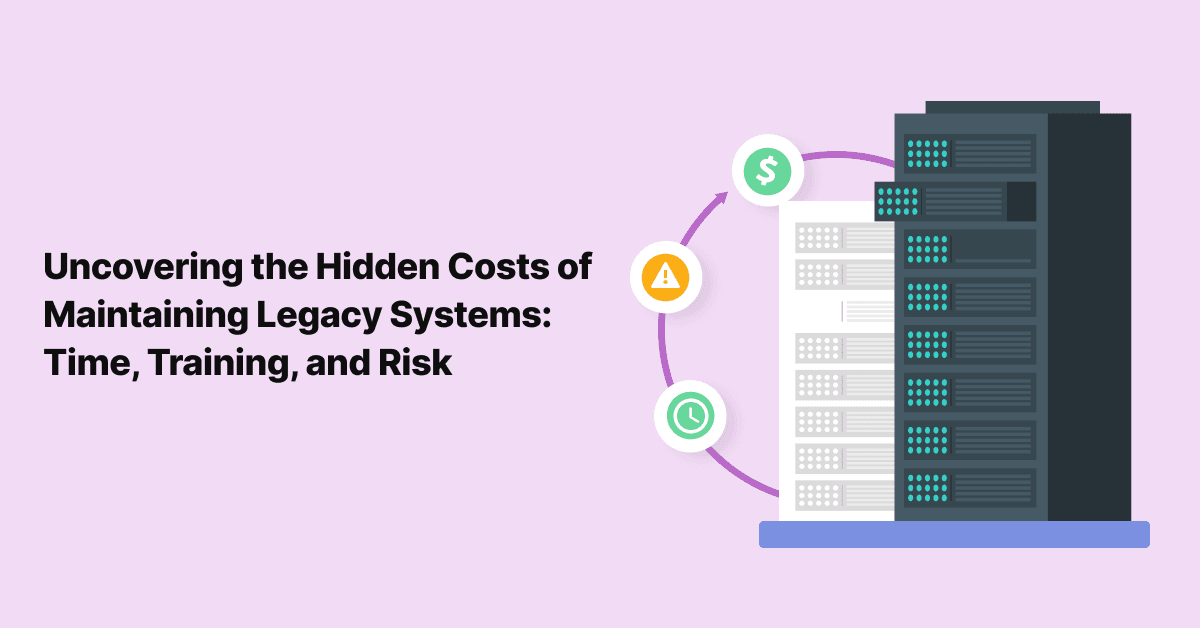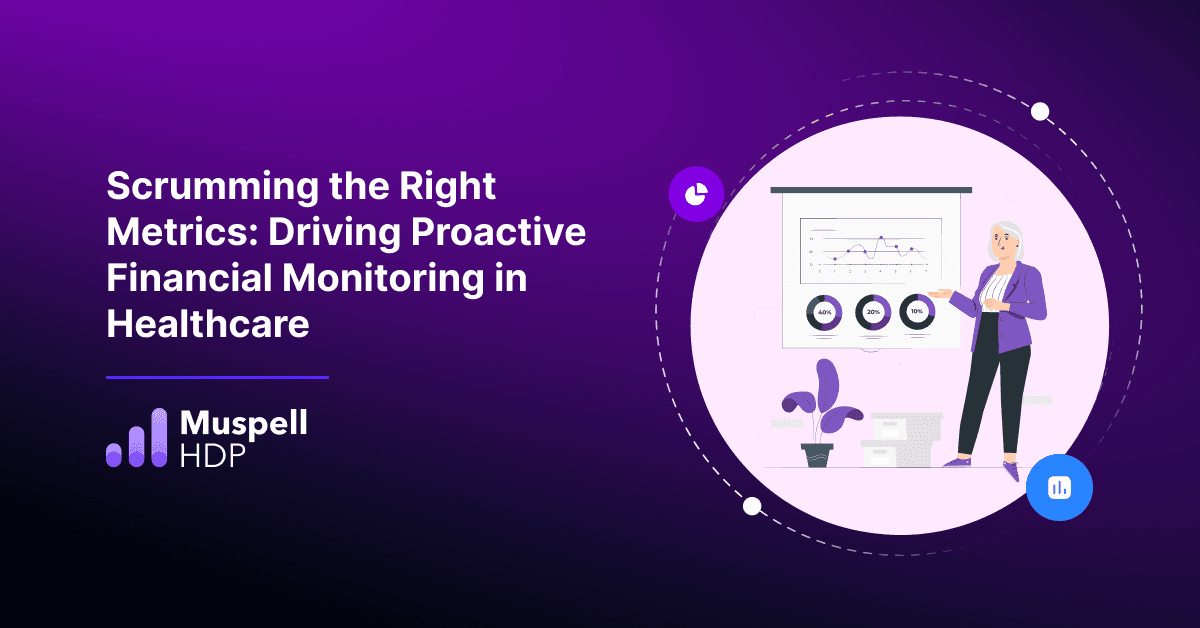
The Role and Importance of Data Collection in Healthcare
The importance of data collection and its analysis lies in the fact that the more accurate the collected …

Migrating to a new Electronic Health Record (EHR) system is a critical decision for healthcare organizations seeking to enhance efficiency, improve patient care, and reduce clinician burden. The process involves transferring vast amounts of sensitive patient data, configuring new software to meet specific organizational needs, and ensuring seamless integration with existing workflows.
Healthcare data archival plays a pivotal role in EHR migration, ensuring the preservation, accessibility, and integrity of historical patient records. If your healthcare organization is transitioning to new EHR systems, maintaining access to past medical data is crucial for continuity of care, clinical decision-making, and compliance with regulatory requirements.
Healthcare data archival solutions not only safeguard valuable patient information, but also mitigate data loss or corruption risks during the migration process. In this blog post, let's dive into the importance of healthcare data archiving solutions in the EHR migration process.
Continuity of Care: Healthcare data archival ensures uninterrupted access to historical patient records during EHR migration. By integrating seamlessly with your new EHR application, these solutions give your clinicians a very effective package that enables them to access new data and old, with just a few clicks. Such functionality helps your care teams maintain continuity of care and make informed decisions based on comprehensive medical histories.
Compliance and Legal Requirements: Archiving healthcare data helps organizations meet regulatory obligations regarding data retention and patient privacy. HIPAA-compliant healthcare data archival solutions function like a vault that safeguards your organization against potential legal and compliance issues associated with data loss or unauthorized access.
Furthermore, their advanced functionalities, like Role-based Access Control (RBAC), help your administrator keep track of all user activity and Release of Information (ROI) requests, making it an essential resource to store your legacy EHR data.
Patient Safety: Access to archived data minimizes the risk of medical errors and adverse events by providing clinicians with complete information about past diagnoses. Healthcare data archiving solutions enable your teams to retrieve treatment, medications and prognosis information efficiency, thereby enhancing patient safety and quality of care.
Clinical Research and Analytics: Preserving historical healthcare data facilitates retrospective studies, trend analysis, and population health management initiatives. Normally, healthcare organizations pay extra costs to the legacy vendor to maintain old data on their platforms.
Not only does it expose your data to the long list of risks associated with aging EHR systems, but it also requires extra efforts to train your staff to continue to use them. Using healthcare data archival solutions during your migration process enables your care facility to effectively transform legacy EHR data into a standardized and interoperable format.
Transition Planning and Training: Healthcare data archival solutions support effective transition planning and training by providing access to legacy data for staff familiarization with the new EHR system. Due to this, the EHR migration process reduces productivity disruptions and downtimes.
Disaster Recovery and Business Continuity: Healthcare data archival serves as a vital component of disaster recovery and business continuity strategies, enabling healthcare organizations to recover critical information in the event of system failures, cyberattacks, or natural disasters.
Long-Term Data Preservation: Archiving healthcare data ensures the long-term preservation of valuable patient information beyond the lifecycle of individual EHR systems, safeguarding against data degradation, format obsolescence, and technological changes.
#1 Assess the Current Situation
Before making any decisions related to your EHR migration process, it is important to assess your data. Finalize what needs to be archived and migrate the data sets you would like to see in your new EHR application.
#2 Identify Risks
Migrating to a new EHR involves inherent risks. Identify potential challenges and create a robust risk mitigation plan to ensure a smooth transition without compromising patient care.
#3 Define Requirements
Clearly define the requirements for your new EHR system. Consider the specific needs of your healthcare facility, the workflow, and the desired outcomes. This will guide you in selecting a healthcare data archival system that aligns with your goals.
#4 Choose an Ideal Healthcare Data Archival Solution
Choose a reliable healthcare data archival solution that offers cutting-edge features ensuring data integrity and accessibility. Remember you must also be able to retrieve and work with your archived data as efficiently as you would use your new EHR application.
#5 Consider Gaining Added Functionality
Use the migration as an opportunity to enhance your healthcare system's functionality. Look for features that can improve patient care and streamline processes in your new EHR and healthcare data archival solution.
#6 Track Progress
Migrating to a new EHR is a complex process. Regularly track the progress of the transition to ensure that milestones are met and any issues are promptly addressed.
#7 Staff Training
Invest in comprehensive training programs to ensure that your staff is well-equipped to use the new EHR and archival system efficiently. Proper training minimizes disruptions and maximizes the benefits of the new system.
As healthcare organizations navigate the complexities of migrating to new EHR systems, investing in robust archival solutions is paramount. Beyond its immediate benefits in transition planning and clinical operations, healthcare data archival solutions empower stakeholders with insights derived from historical data.
By recognizing and embracing the importance of healthcare data archival, healthcare organizations can navigate EHR migration challenges with confidence, safeguarding the integrity of patient records, and ultimately enhancing the delivery of quality healthcare services. In a rapidly evolving healthcare landscape, where data is increasingly recognized as the lifeblood of modern medicine, prioritizing data archival ensures that the lessons of the past continue to inform and enrich care delivery in the future.
Discover Muspell Archive, a FHIR-native healthcare data archival solution that simplifies EHR data migration for healthcare facilities.
Join over 3,200 subscribers and keep up-to-date with the latest innovations & best practices in Healthcare IT.

The importance of data collection and its analysis lies in the fact that the more accurate the collected …

Operating legacy systems can be a costly endeavor. Maintaining and upkeeping legacy systems require a vast …

Here is a good idea. Analytics for Healthcare financial management to be built on the foundation of claims …